A Day In The Life Of... A Physiotherapist
by Ben Lennard, on 10/05/2021 9:45:37 AM
"I have always had a passion for sport and exercise, but as a young and active teen, I definitely suffered my fair share of injury.
It was these key life experiences that introduced me to the physiotherapy profession."
This week, we sat down with one of our allied health trainer team members, and Physiotherapist, Ben Lennard.
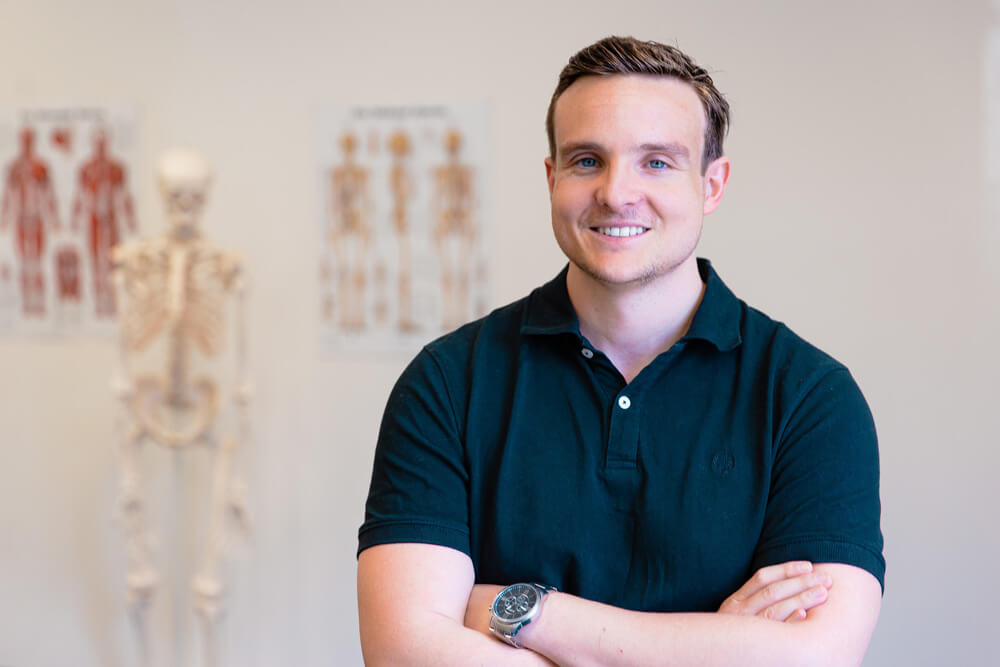
Why did you decide to pursue a career in physiotherapy?
I have always had a passion for sport and exercise, but as a young and active teen, I definitely suffered my fair share of injury. It was these key life experiences that introduced to the physio profession.
It was during these consults I was able to see the impact they had on my physical function. I admired how they were able to diagnose my injury, and give me the advice and the tools to get back to my fitness and sporting goals.
I think this was the big reason why I chose to go down this path into a career in physiotherapy myself.
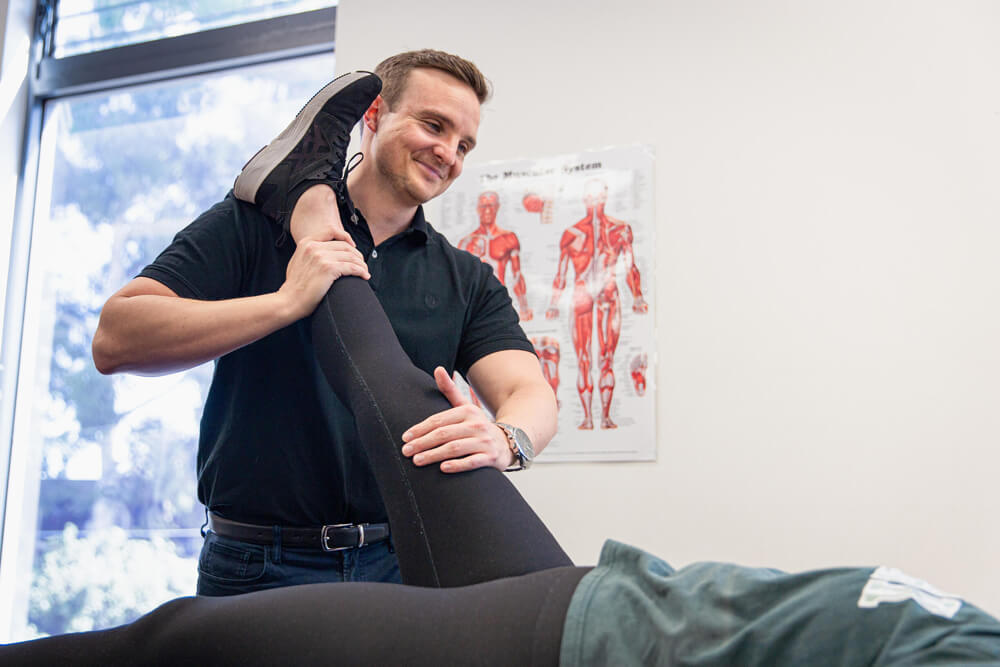
What do you love most about your career as a physiotherapist?
Easily the best part of my job is helping others. I get to work with a lot of different patients, often in their most vulnerable states.
Injury can be minor, but it can also be disabling, and provoke deep emotional and mental strain. Being in a profession that allows me to have a significant impact on people in this position can be very rewarding. If I can remove their symptoms and provide them with the tools to better themselves moving forward in life, it has been a good day.
Oh, and I get the opportunity to meet a lot of really great people day after day!
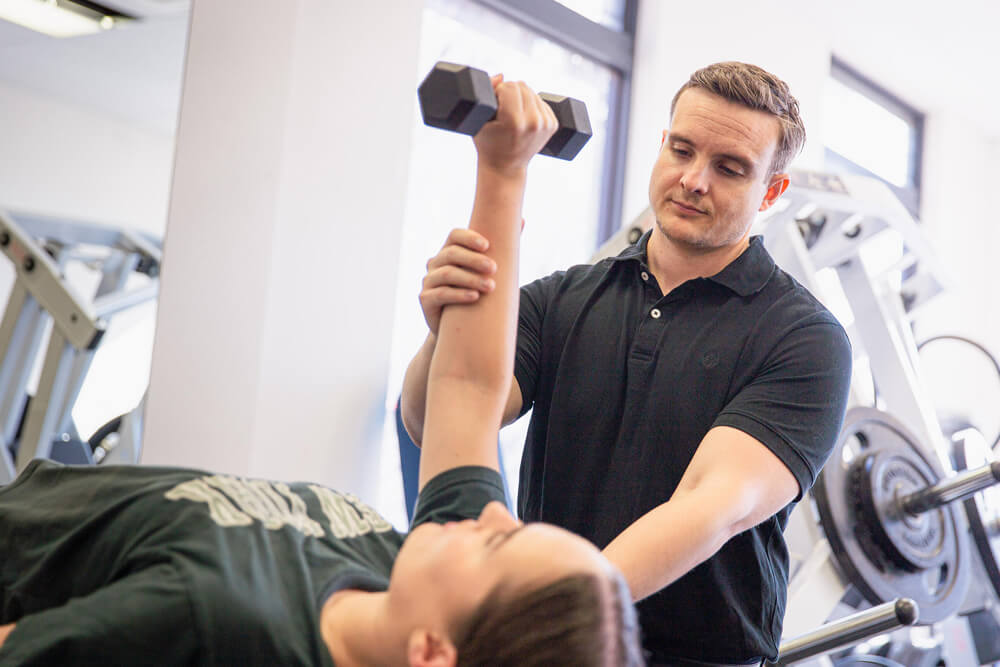
What are the challenges you face as a physiotherapist?
The most challenging thing would have to be coming up against a tricky case/patient. Not all conditions and cases are clear-cut. Some more complex or difficult than others. There will be occasions where their expected recovery doesn't occur, or their symptoms get worse. It is in those times that we try other interventions, or simply refer the client to a suitable specialist.
Unfortunately, recovery in most situations is not perfectly linear, and there can be some bumps along the way. When someone struggles to improve you can't help to take it personally sometimes, even though it is often out of your control.
Another challenging area is the mental and physical requirements of the job can be very draining on busy days. As we are constantly problem-solving and utilising hands-on treatment. Some of the weeks can be pretty taxing!
Lastly, Physios get to see people at their worse, when things might seem hopeless. This is particularly relevant to those dealing with stubborn and chronic pain. These sort of clients can occasionally reach their emotional and mental breaking point. When this happens I need to listen, show my support and understanding, then often provide guidance where possible. This is always a difficult time, but can also be rewarding when they make it through the other side.
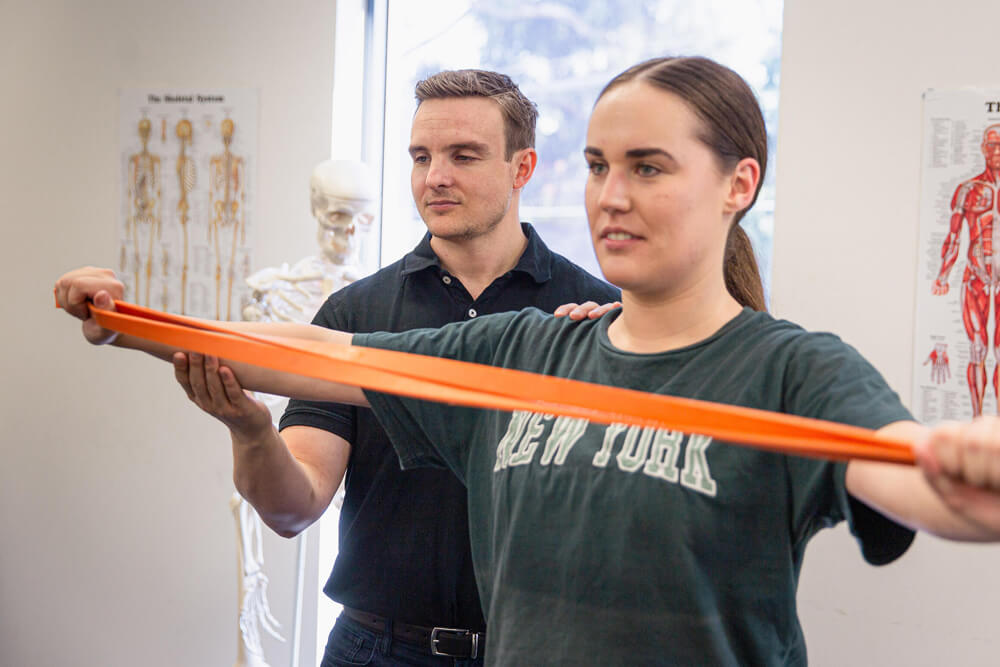
What does a typical day look like for you?
Let me talk about a typical day in private practice.
The day always starts some preparation time. I would spend my first 15-20 minutes setting up the clinic room, ensuring everything is stocked, clean, and ready for my consultations. After a quick check of work emails, I'll generally work through the day seeing back-to-back patients, usually in 30-minute consultations.
Depending on how busy the day is I might sneak off for a workout, or spend some time with a colleague; practicing some hands-on techniques or discussing client presentations. For most clinic days, I'll work from midday through to about 8-8.30pm at night. I might also be scheduled to run a few hours of clinical Pilates, which is a great way to break up the day (and you meet some really nice people!).
Lastly, during lunch or in another gap in my day I'll ensure that I spend some time to write progress and referral letters to other Allied Health Professionals, and get any other paperwork done.
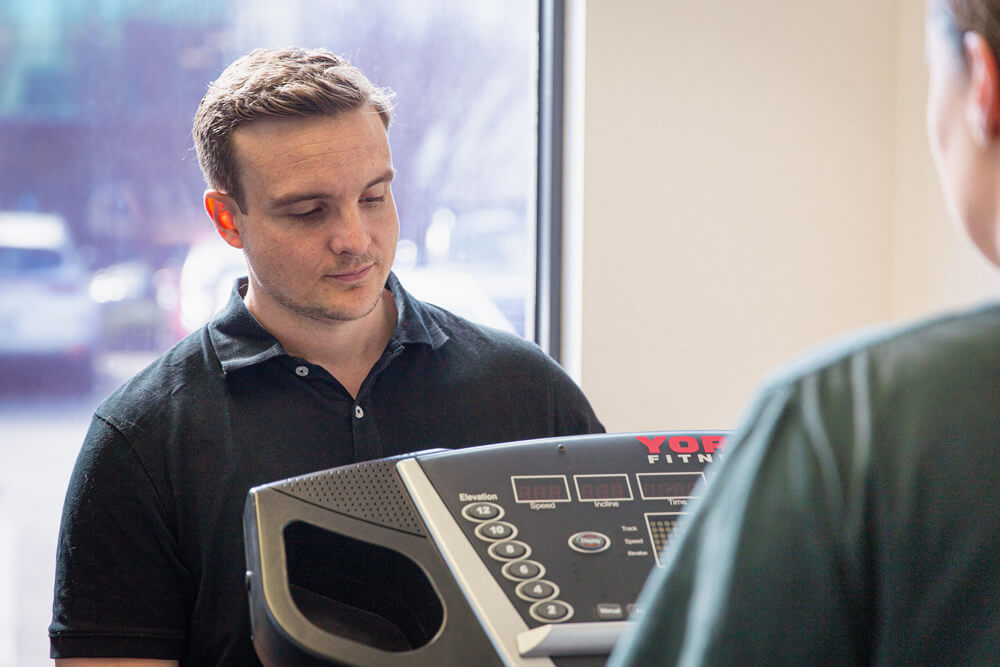
With access to placement opportunities in areas such as Physiotherapy, the HLT43021 Certificate IV in Allied Health Assistance Program provides the head-start you need, to gain experience in your chosen industry early on in your university degree.
Program Information
The HLT43021 Certificate IV in Allied Health Assistance program is a Nationally recognised qualification that provides the necessary skills and knowledge to work as an Allied Health Assistant (AHA) in hospital, clinic and community work settings. For further information on this qualification, view our Program Overview. Any reference to ‘ERA’s Cert. IV in Allied Health Assistance’, 'ERA's Allied Health Assistance Program', or 'ERA's AHA Program', is to mean HLT43021 Certificate IV in Allied Health Assistance. This training is delivered with Victorian and Commonwealth Government funding. Eligibility criteria apply. This qualification is delivered by Exercise Research Australia Pty Ltd. RTOID: 22490

